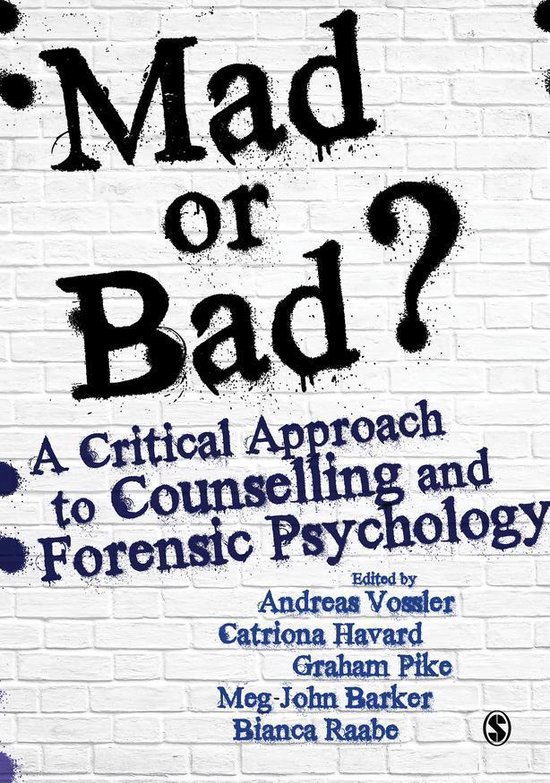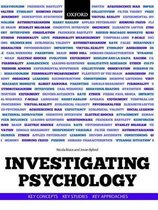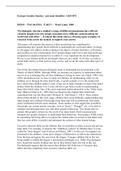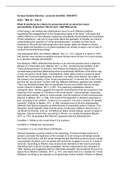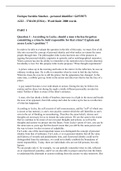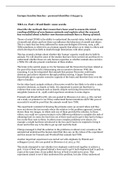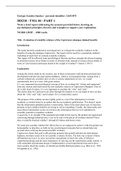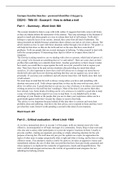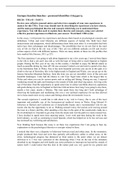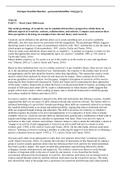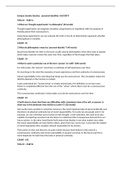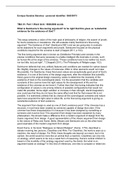The Open University (OU)
Latest uploads at The Open University (OU). Looking for notes at The Open University (OU)? We have lots of notes, study guides and revision notes available for your school.
-
208
-
2
-
12
Courses at The Open University (OU)
Notes available for the following courses at The Open University (OU)
Popular books The Open University (OU)
Latest notes & summaries The Open University (OU)
‘Psychologists who have studied a range of different phenomena have offered valuable insights into why people sometimes have difficulty understanding the world and each other.’ - Evaluate this claim (above), drawing upon examples of research from across the module to support your answer
What (if anything) do criteria for personhood tell us about the moral permissibility of abortion? Word Limit: 1300/1800 words
According to Locke, should a man who has forgotten to commit a crime to be held responsible for that crime? Explain and assess Locke’s position.’?
Describe the methods that researchers have used to assess the mind-reading abilities of non-human animals and explain what the research has revealed about whether non-human animals have a theory of mind.
Write a brief report addressing the scenario provided below, drawing on psychological principles, theories and examples to support your explanation.
Excerpt II - How to defeat a troll
Review your reflective journal entries and select two examples of your own experiences to analyse for this TMA. Your essay should start by describing the experiences you have chosen, and the main psychological theories and concepts which help you to understand those experiences. You will then need to explain those theories and concepts, using your selected reflective journal experiences to illustrate your answer. Word limit: 1500 words.
The social psychology of creativity can be considered from three perspectives that focus on different aspects of creativity: contexts, collaborations, and cultures. Compare and contrast these three perspectives, drawing on examples from relevant theory and research.
What is Swinburne’s fine-tuning argument? Is he right that this gives us ‘substantial evidence for the existence of God?

